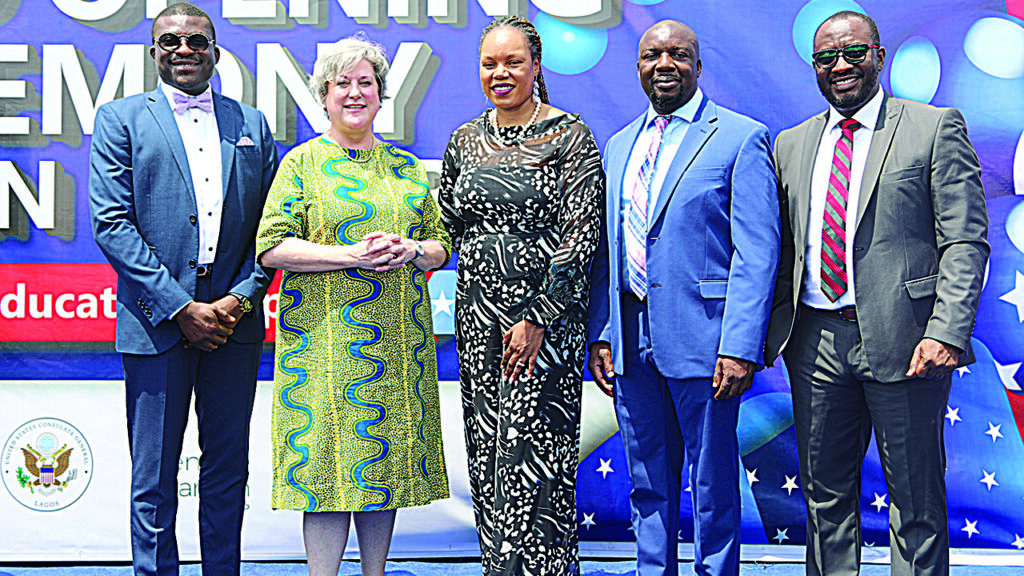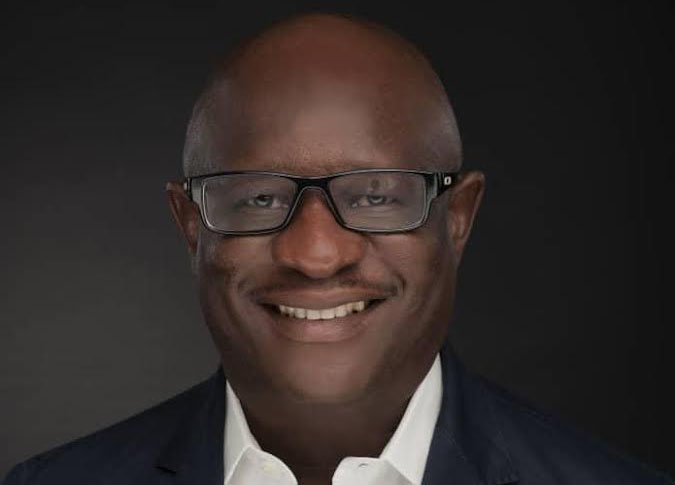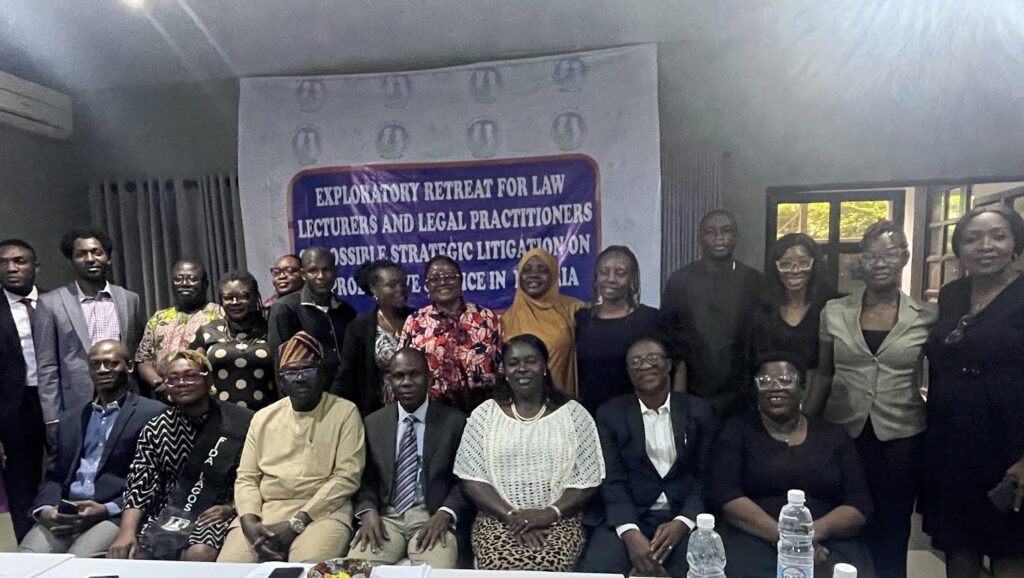
Stakeholders in education have called on the government to appropriate adequate funds to universities for physical infrastructure, noting that it is impracticable to rely absolutely on TETFund.
The 8th Pro-chancellor and Chairman, Governing Board of the Federal University of Technology, Minna, Professor Olu Obafemi, while assessing the impacts of TETFund interventions, decried that capital funds to universities are not good enough.
According to him, TETFund interventions should be complimentary, while the government continues to fund capital development in universities.
Affirming that TETFund is living up to its mandate, Obafemi applauded several innovations of the outgoing Executive Secretary, Professor Suleiman E. Bogoro describing him as a special gift to Nigeria in the transformation of the educational process.
He said: “In the various areas that I have experienced and been involved in, in terms of physical intervention, TETFund has made its presence felt without any exaggeration. Any tertiary institution you go to now, most of the structures in terms of classroom, libraries, laboratories are products of TETFund interventions.”
However, the more important drive TETFund is engaged in is the knowledge content of education.
“No doubt, physical development effort is commendable, but what is even more commendable is intervention in knowledge growth and development through research grants. Thousands of research works have been done locally and internationally and there is improvement in the number of doctoral graduates that we have now in our universities.
“About N6.4 billion has been spent on researches by the present leadership of TETFund and so many institutions, individuals and research bodies have benefited from the grants.”
Obafemi also commended the efforts of Bogoro in the area of research, stressing that it is almost impossible for a nation to grow in terms of development without research.
“So, fixing that aspect is so important in my mind for this nation, and the present ES and the various people who are working with him have ensured that research is given very close attention in the transformation of Nigerian education,” he said.
Having been physically involved in book development under the leadership of Professor Aworh Ogugua in the Technical Advisory Group (TAG), Obafemi disclosed that over 40 homegrown academic books, authored by Nigerian seasoned academics and researchers are either completed or in the process of being completed by the various committees under book publishing.
Speaking on the leadership passion, Obafemi described Bogoro as one who is so committed to improving the research situation in Nigeria.
“There is no how you can write the history of education in this country that the action, commitment and devotion of the present ES through research, will not form a very important aspect to be mentioned.
“All of these efforts – fiscal development, physical infrastructure, research funding, sponsorship of local and international conferences, development of books, Nigerian written books for Nigerian tertiary institutions as well as the National Research Foundation are very critical landmarks that one can point at that TETFund has embarked on. And applauding TETFund will not make the rest of their oars because there is a very important will whose heart cannot be drawn back.
On the utilisation of TETFund funds across tertiary institutions, Obafemi expressed no fear of possible mismanagement by institutions, especially as they are not responsible for direct funding of projects.
According to him, even the research grants go through a very critical and thorough process, in which concepts are taken and screened and awards are given based on the outcome of the screening.
He said: “There is no system that is perfect, but I know that a number of research institutes have won these awards and are bringing out results. The universities where I am currently the Pro-chancellor monitors and ensure that these researchers deliver on their mandates and I believe that such is the experience in many universities.
“I also know that most of the buildings, physical infrastructures, classrooms, libraries and so on that are produced from TETFund funding are standing. Some of them may not be the best qualities, but the universities themselves do not operate these funds directly.
“I am more involved in the impact assessment of TETFund in the past decade and the outcome of our findings is impressive. As you know, there is no way all the funds could be correctly spent because you must give room for human foibles, but since the intention is genuine and the monitoring process is good, we should give TETFund a chance to continue the way it is, not living out the opportunities to improve on their deliveries.
“Yet, I think we have never had it so good and we must give kudos to the originators of the funds.”
Stressing the import of research funding, Obafemi noted that if this National Research fund stands, it would further buttress the impact of research on the socio-economy of our country, adding that it is equally possible that TETFund will monitor those who receive research grants and of course, those who do not perform.
He disclosed that there are even awards for universities that perform excellently to serve as motivation for good performance, saying TETFund is alert to ensure that the money given out, either for physical structures, book development or research grants are well spent.
The Chairman, Technical Advisory Group (TAG), TETFund, Professor Awhor Ogugua, stated that in spite of its impact, it was shameful that the book intervention is not particularly well known in the country. He informed that the book intervention project of TETFund was essentially to address the paucity of textbooks and other teaching and learning materials in tertiary institutions.
“Recall that our universities were very strong in the past and known for publishing books that were read globally, but that culture of publishing has completely collapsed. University of Ibadan Presses and others in the first generation universities that actually patterned alongside Oxford University Press, Cambridge Press and the rest of them, have ceased to function as academic publishing centres because they are no longer producing books but went into sundry printings.
“Consequently, books were no longer available. Nigerian academics were not writing and students were left with nothing except handouts that were dished out by lectures, which didn’t help enough. So, this intervention was to make quality textbooks available to universities, especially those written by Nigerian authors and which reflect peculiar Nigerian environment with examples that students can identify with and be challenged,” he said.
Ogugua disclosed that beyond publishing books for universities, the project also includes journal publication as well as the establishment of academic publishing centres, revealing that TETFund has so far, built seven of such centres, one in each geo-political zone and in Abuja with the aim of resuscitating the publishing of academic books.
Speaking about Prof. Bogoro, Ogugua noted that having served as a member of the Technical Advisory Group of TETFund before becoming the Executive Secretary, “he understood these challenges” and he has taken the intervention to greater heights by expanding the scope in terms of a number of academics who currently make up the Technical Advisory Group of TETFund.
He said: “I have broadened the intervention by giving the leeway for academics to come up with ideas, which he has supported and advanced. For example, a critical idea that came during his time is that when it comes to booking publication, for us, it is to look for seasoned professors within the system that can be encouraged to write books and under him, 43 basic textbooks in diverse areas ranging from medicine, humanities and engineering are being produced and they are being led by very senior Nigerian professors in those fields.
“Their mandate was to assemble a team of other Nigerian professors from within and outside this country to write those books. We have books in the area of fundamental concepts of physics, veterinary surgery, pension systems as well as in artificial intelligence. There are about 91 coordinating editors who are charged with leading these groups. Each book has at least, two coordinating editors and for each book, we have an average of 15 professors.
“So, in all, we have been able to assemble close to 800 Nigerian academics, including some from the industry who are writing these books. For me, by the time these 43 textbooks are published, we would have made a significant impact. These are books that can be used by universities, polytechnics and colleges of Education taking into consideration, their approved curricula and again bringing into play our indigenous environments and how they are portrayed in these books so that students can actually learn. All these interventions are largely because of the initiative of Professor Bogoro,” he said.
Hopeful that improvement in book development will be sustained, Ogugua disclosed there are challenges, which can be overcome by the time by the time our universities become strong centres for research and development.
He noted: “Bogoro is the first ES that brought to the fore, the need for universities, government and corporate organisations to work together to solve the problems of research and development in our universities. So, in those critical areas of promoting content aspects of TETFUND mandate, Bogoro has done more than any other Executive Secretary.”













